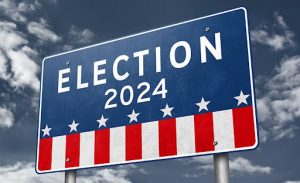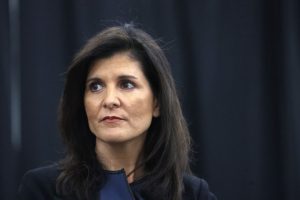Republican Arizona state Senator Paul Boyer didn’t support the budget plan of $12.8 billion proposed for the coming year by his party. Boyer told the biggest concern is the scope and the performance of the $1.9 billion flat tax that would significantly impact Arizonans for decades to come.
Boyer and R-Glendale noted that a two-thirds vote would be needed in the state legislature to raise taxes again. Boyer said, “And so in a few years, if there’s an economic downturn, should we need it, it would be extremely difficult to bump up our revenues.”
The budget was negotiated between Governor Doug Ducey and Republican Leaders of the House and Senate would impose a flat 2.5% income tax that will work out to a $1.9 billion loss in the state revenue once in the place in three years.
Also Read | Intel to invest $20 billion to build two new semiconductor plants in Arizona
On Wednesday, Boyer met with the governor’s office along with the members of the League of Arizona Cities and towns to request an increase in the share of income tax revenue as he worries that there would be less money for cities and towns. It is estimated that they may lose $285 million a year in state income tax revenue. “I offered 19%. Right now, it’s at 15%. They told me that 19% was a nonstarter,” he was quoted as saying by KTAR News 92.3 FM.
Currently, the state has many needs to fulfill, starting with paying off debt. Boyer pointed at the $930 million ‘rollover’ payment to the state public schools. The Republican state lawmaker also believes now is not a good time to slash revenue. He said there is a need for more targeted investments for the state’s higher education system and for adults who don’t have a high school degree.
Also Read | Republicans demand transparency from US government on migrant resettlement
Boyer said if they’re going to create all new jobs and are planning to invite all the businesses into the state of Arizona with their tax-friendly system, then they have to have an educated workforce to fill those jobs.
Senate on Thursday adjourned until June 10 unless they impasse earlier on the $12.8 billion spending plan, the House also did the same a day prior.







